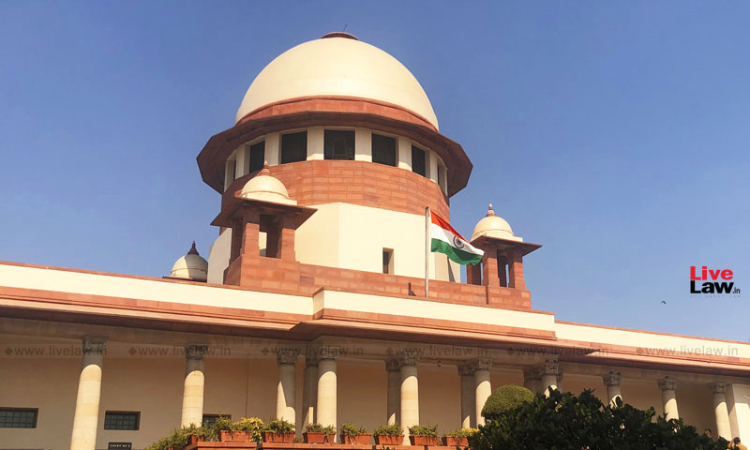Entitled To Benefit of Doubt: Supreme Court Acquits Man In A Dowry Death Case
LIVELAW NEWS NETWORK
29 Nov 2020 12:13 PM IST

Next Story
29 Nov 2020 12:13 PM IST
The Supreme Court has acquitted a man who was convicted by the Trial Court and the High Court in a dowry death case.In this case, the accused's wife [with whom his marriage was solemnized about 1 ½ years ago] had died by setting herself afire by pouring kerosene oil upon herself. The dying declaration showed that the immediate cause for the deceased to set herself afire was the domestic...
